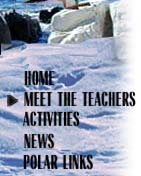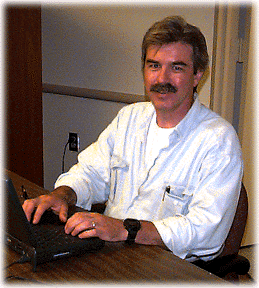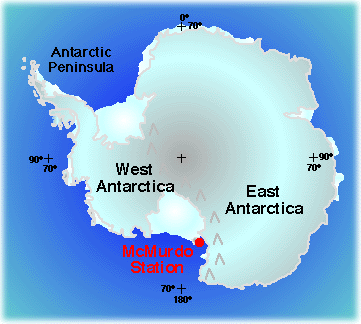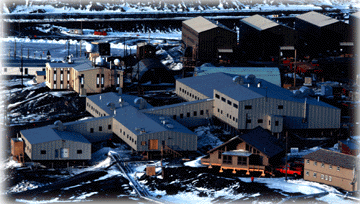
|


 Hi! I'm Tom Geelan and I teach courses in biology and evolution to students at the City Honors School in Buffalo, New York. City Honors School is an inner city magnet school for gifted and high ability students. It's quite a special place. Our student population is comprised of students from Grades 5 through 12. They have opportunities to experience a wide variety of unique courses and enrichment activities in a very friendly and supportive educational environment. I strongly believe in a philosophy of learning called experiential education and have led educational expeditions for many years now. These trips can last for up to 3 weeks. Most students agree that they return to school with a new outlook on life and education. They have painlessly learned an incredible amount about the ecosystems and habitats visited, as well as about each other. Some of our past expeditions have included trips to study tropical biology in the rainforests and coral reefs of Belize, the cloud forests of the Andes Mountains, the "sunken rainforests" of the Upper Amazon, and the unique living laboratory of evolution on the Galapagos Islands. We have contrasted the temperate ecosystem of the Okefenokee Swamp with the subtropical Everglades on several extended canoeing expeditions. We have studied marine biology in Maine, hardwood forest and lake ecology in Ontario, rafted the entire 300 miles of the Grand Canyon, and many more less exotic trips. Some of my other students are involved with another type of experiential education. They conduct scientific research at a local research facility where they have a scientist mentor. They work in the scientist's laboratory after school and during the summer months. Soon this program will be modified slightly and it will be possible for some students to attain a Scientific Research Diploma issued jointly by Roswell Park Cancer Research Center and our school district. Naturally, I'm very excited about the opportunity to parcticipate in an Antarctica research experience. I'll be working with Dr. Donal Manahan from the University of Southern California. My research is not well defined at this point but it will involve some aspect of the embryonic and larval development of Antarctic echinoderms. I will be spending my two months in Antarctica at the McMurdo station. Our research team will journey out onto the ice where we will drill holes through it and obtain samples of echinoderm eggs from various sites. These will be brought back to the research station where their development will be monitored and studied. Like all the other teachers in this program I will be in constant contact with my classes via E-mail journals.  Metabolic Physiology During Embryonic and Larval Development of Antarctic Echinoderms Investigator: Donal T Manahan, University of Southern California
As a TEA, I was a member of a research team investigating marine invertebrate ecology in McMurdo Sound, Antarctica. My team is investigating how certain larvae (immature form of an animal that is very different from the adult form), are able to survive and remain active for extended periods with apparently nothing to eat. Larval echinoderms such as sea urchins and starfish go many months without having their food source, phytoplankton, available. Phytoplankton are tiny marine plants that need sunlight to photosynthesize and grow. The catch is, sunlight is unavailable during the months-long night that is the Antarctic winter! Scientists until recently thought that during this time, the larvae consumed other food such as bacteria, or perhaps were able to assimilate dissolved organic material. Results from the group I worked with tell a different story. It seems that Antarctic echinoderms have specialized metabolic adaptations that allow them to go for up to a year without eating anything at all!
|
| Su | Mo | Tu | We | Th | Fr | Sa |
| -- | -- | -- | -- | -- | -- | 1 |
| 2 | 3 | 4 | 5 | 6 | 7 | 8 |
| 9 | 10 | 11 | 12 | 13 | 14 | 15 |
| 16 | 17 | 18 | 19 | 20 | 21 | 22 |
| 23 | 24 | 25 | 26 | 27 | 28 | 29 |
| 30 | -- | -- | -- | -- | -- | -- |
October 1997
| Su | Mo | Tu | We | Th | Fr | Sa |
| -- | -- | -- | 1 | 2 | 3 | 4 |
| 5 | 6 | 7 | 8 | 9 | 10 | 11 |
| 12 | 13 | 14 | 15 | 16 | 17 | 18 |
| 19 | 20 | 21 | 22 | 23 | 24 | 25 |
| 26 | 27 | 28 | 29 | 30 | 31 | -- |



